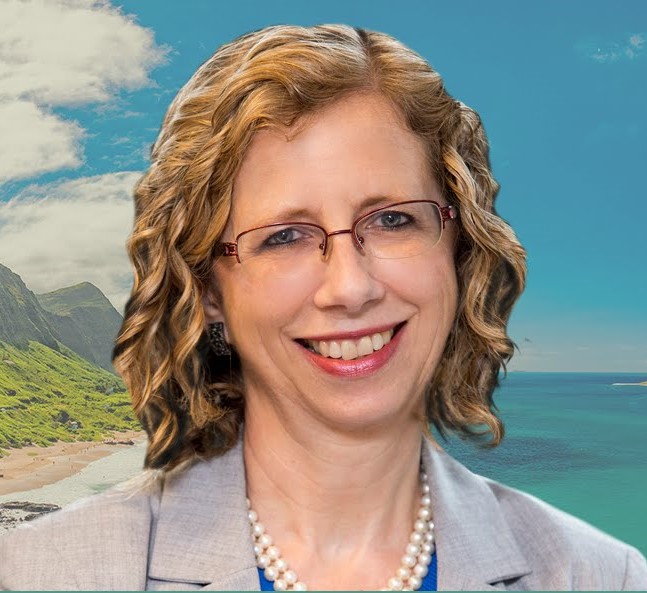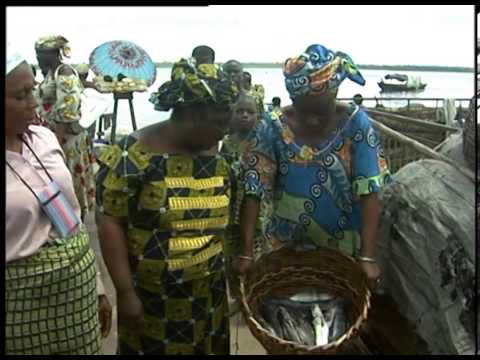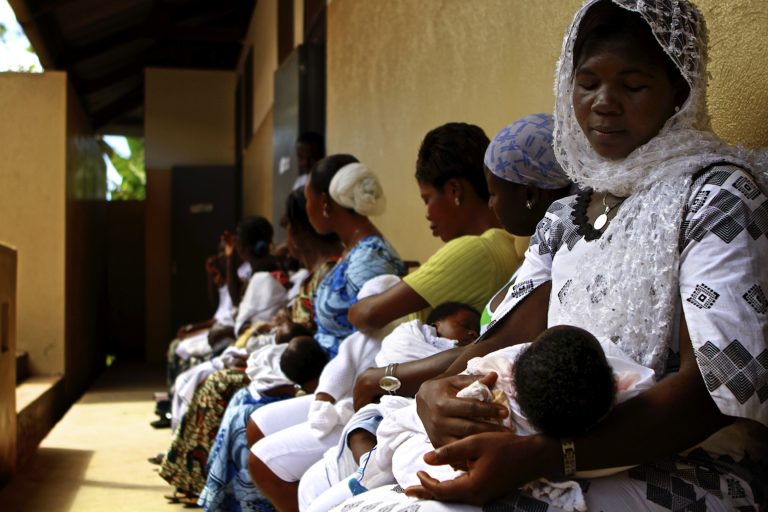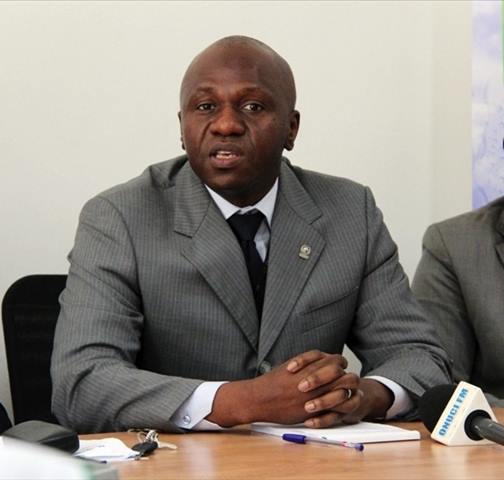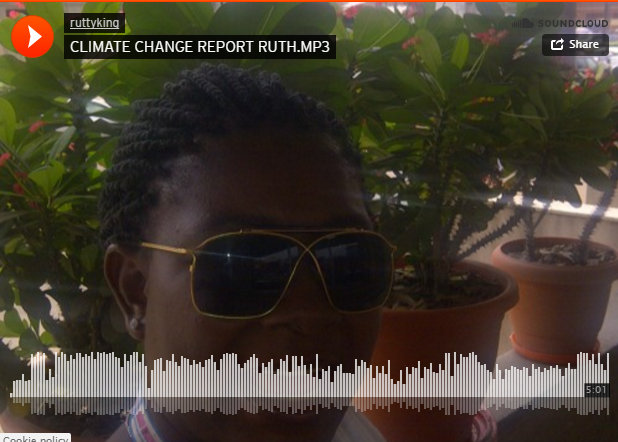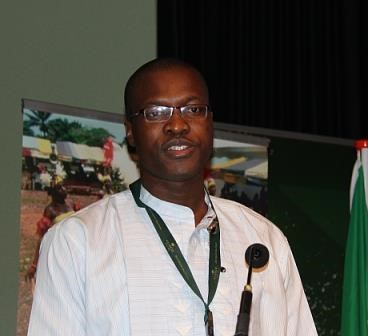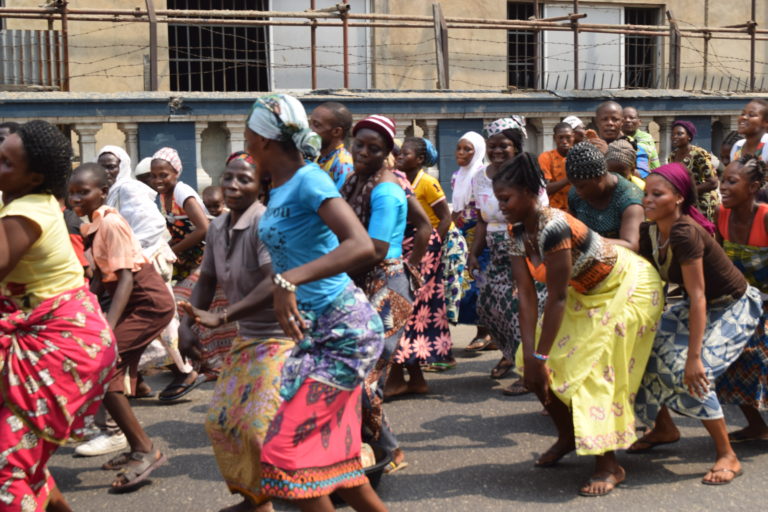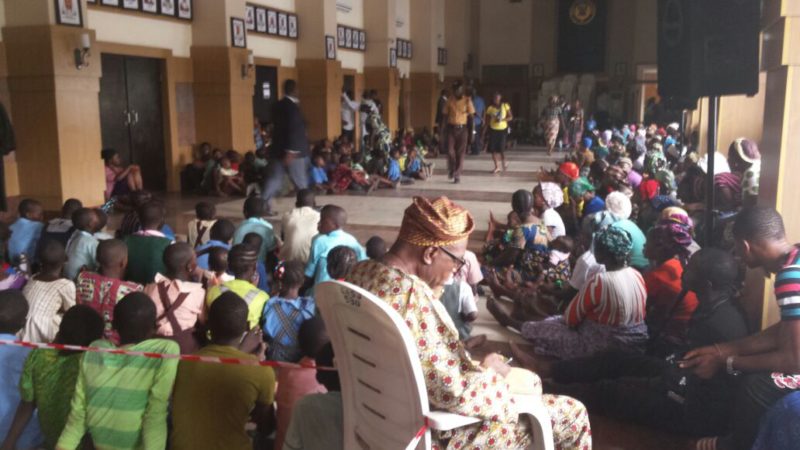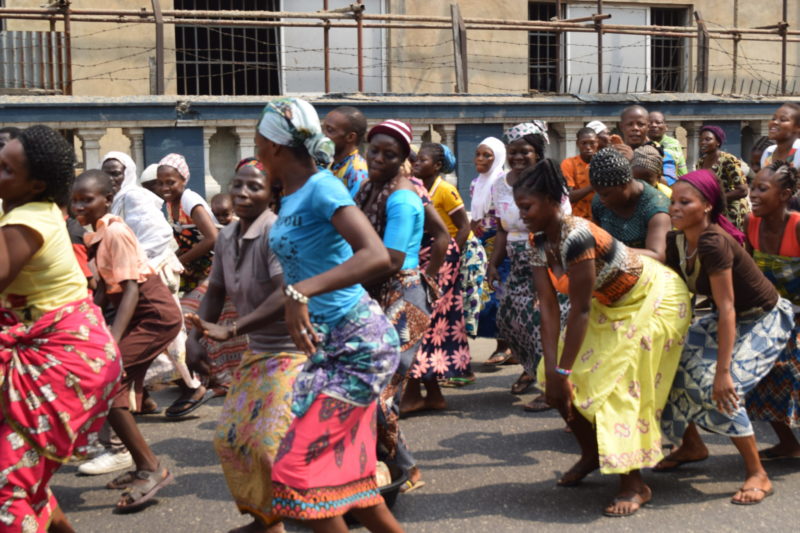A new analysis of the World Bank’s $5-billion-dollar policy loans shows lender supporting investment incentives for coal and other fossil fuel projects in Southeast Asia, South America, Africa and the Middle East, threatening climate change efforts, indigenous groups and natural resources

World Bank policy loans are creating subsidies for coal, gas and oil projects and undercutting initiatives to build wind, solar and geothermal power infrastructure and protect vulnerable rainforests, including the Amazon, a new report by the Bank Information Centre (BIC) and worldwide partner organisations finds.
The study, which examines seven World Bank policy operations from 2007 to 2016 totaling $5 billion in four countries – Indonesia, Peru, Egypt and Mozambique – reveals that funds intended to boost low-carbon growth are instead supporting investment incentives for projects that put the climate, forests and people at risk.
The report sheds light on the Bank’s Development Policy Finance (DPF) operations, which account for approximately a third of all World Bank funding – equal to more than $15 billion in 2016. The DPF operations provide funding in exchange for national policy and institutional reforms mutually agreed to by the Bank and the borrowing government. As part of its Climate Action Plan, the World Bank identifies DPF operations as the main instrument for incentivising countries to transition to low-carbon economies. To meet national commitments to reduce greenhouse gas emissions, new investments in low-carbon infrastructure, especially in the energy sector, are critical. The BIC study therefore examines DPF-funded policy reforms involving investment incentives for large-scale infrastructure projects.
“The World Bank has pledged to help countries adopt a low-carbon development path specifically by phasing out fossil fuel subsidies and promoting a carbon tax,” said Nezir Sinani, Europe and Central Asia Manager at BIC. “However, the Bank’s policy lending does the opposite by introducing tax breaks for coal power plants and coal export infrastructure.”
The report was published by BIC in collaboration with Derechos, Ambiente y Recursos Naturales (DAR) Peru, Egyptian Initiative for Personal Rights (EIPR), Greenpeace Indonesia, Friends of the Earth Mozambique, and 11.11.11 Belgium.
Key findings are listed to include:
- In Peru, World Bank DPF measures provide subsidies to government-proposed public-private partnerships (PPP) that will develop: a liquid petroleum gas pipeline, a diesel/gas power plant and, in the Amazon, three natural gas pipeline networks and 26 new oil and gas concessions. They will also support two energy efficient street lights and the development of hydropower. No solar or wind power projects are planned.
- In Indonesia, the World Bank DPF established subsidies for PPP infrastructure projects, which include four coal power plants and three coal transport railways (on the forest-rich islands of Kalimantan and Sumatra). There are no geothermal, solar or wind PPP projects in the works.
- In Egypt, upcoming infrastructure projects targeted to receive DPF-supported subsidies include: more than a dozen oil and gas projects, 12.5 gigawatts of new coal power plants and 12 pending oil and gas exploration agreements.
- In Mozambique, Bank DPF-supported subsidies are slated to benefit four coal power plants, three coal port terminals and two coal transport railways. Other planned projects include one hydropower plant and one natural gas plant. No geothermal, solar or wind projects are targeted by the subsidies.
The report points to several substantial climate change concerns and measures that appear to contradict the World Bank’s climate change pledges.
Introduction of new fossil fuel subsidies. The DPFs introduced subsidies for coal in three (Indonesia, Egypt and Mozambique) of the four countries studied. Bank-supported subsidies for coal infrastructure in Indonesia have helped the country become one of the world’s top coal exporters. By propping up coal infrastructure with subsidies in Mozambique, the Bank’s DPF is turning the country, highly vulnerable to climate change due to droughts, floods and cyclones, into a major coal producer.
In addition, Bank-supported subsidies benefitting new investments for coal power plants in Indonesia and Egypt contribute to the planned significant rise in coal’s share of the power generation mix for these countries – from 35 to 66 percent and from zero to 20 percent by 2022, respectively.
According to the Intergovernmental Panel on Climate Change’s (IPCC) Fifth Assessment Report (2014), meeting the internationally agreed goal of limiting global average temperature increase to 2 degrees Celsius requires at least two-thirds of existing fossil fuel reserves must be left in the ground. BIC’s study shows that World Bank policies supporting oil and gas exploration subsidies directly contradict the 2-degree goal.
Specifically, in Mozambique, the Bank supports an accelerated rate of depreciation for oil and gas exploration, which significantly reduces the overall tax rates, and thus, government revenue, associated with these fossil fuel investments. Not only is this a significant fossil fuel subsidy but the loss to government coffers further threatens Mozambique’s debt sustainability crisis.
Inadequate support for renewable energy. Each country examined in the study has potential to develop renewable energy, including vast solar and wind resources in Egypt and geothermal resources – among the world’s largest – in Indonesia. The assessment found that in Indonesia, Egypt and Mozambique, the DPFs did contain actions on new renewable energy laws with feed-in tariffs for one or more forms of renewable energy. However, the report finds that, when effectively used, the World Bank DPFs could have removed further barriers to renewable energy investments. These barriers include, among others, inadequate legal frameworks, a lack of feasibility studies and a lack of incentives for geothermal exploration.
Undermining environmental governance and threatening forests. In three of the case study countries (Indonesia, Peru and Mozambique), the DPF operations ushered in expedited licensing and land acquisition procedures for infrastructure investments. These changes exacerbate already-existing weak environmental governance, ineffective land tenure rights and pressures on forests. Indonesia and Peru have the third and fourth largest, respectively, extent of rainforest in the world. Their forests are of paramount importance not only to the many indigenous peoples that depend upon them for their livelihoods, but also to the climate. Indonesia is the world’s sixth largest emitter of greenhouse gases due to deforestation; the forests of Peru store more carbon than the US emits every year.
Many of the upcoming PPP infrastructure projects in Indonesia and Peru examined in the study include components that could damage forests. These include oil, gas, coal and mining; large hydropower; and roads. As much as 84 percent of the Peruvian Amazon has been granted as oil and gas concessions. The study shows that licensing and land acquisition reforms prompted under DPFs undermine efforts to improve the governance structures critically needed in Indonesia and Peru and to abate forest loss and climate change.
In Indonesia, for example, the DPFs sped up land acquisition procedures that undermined the ability of local communities to protect their lands from development. One particular project, the Central Java coal-fired power plant, had been delayed for over four years due to local landowners’ refusal to give up their land. A law propped up by the Bank gave the government the power to ultimately evict them.
Kate Geary, BIC’s forest campaign manager and a report contributor, said, “Rather than using its development policy lending muscle to protect forests and combat climate change, the Bank is helping to weaken vital environmental laws and governance and undermine local communities’ rights to the resources they rely on for their livelihoods.”
The report urges the World Bank to heed its own advice on confronting climate change by providing the right incentives for a clear pathway to low-carbon development. The report argues that the Bank must go beyond supporting some incentives for renewable energy to steer developing countries towards a low-carbon transition.
“The climate crisis and staying under 2 degrees Celsius warming not only requires increasing investments in renewable energy but also drastically decreasing fossil fuel investments,” Sinani said.
The report calls on the World Bank to support incentives for more renewable energy through DPFs, and to be transparent about the measures and incentives tied to DPFs, as well as the projects that DPFs are slated to support.
“We also want a more rigorous climate- and forest-related assessment of DPFs before they are approved,” Nezir Sinani said. “This call has resonated with several World Bank Executive Directors who believe that the Bank’s approach to environmental and social safeguards should be applied to all types of its lending. At present, the Bank’s DPF falls outside the social and environmental safeguards applied to direct project lending.”
The BIC partners with civil society in developing and transition countries to influence the World Bank and other international financial institutions (IFIs) to promote social and economic justice and ecological sustainability. BIC is an independent, non-profit, non-governmental organisation that advocates for the protection of rights, participation, transparency, and public accountability in the governance and operations of the World Bank Group and regional development banks.

